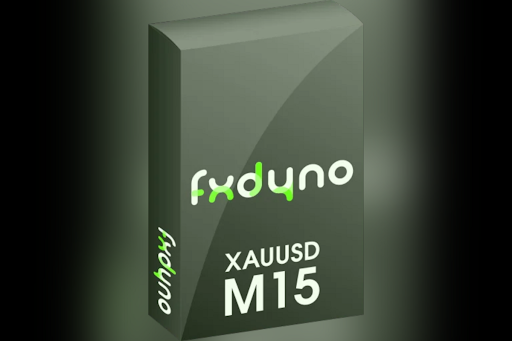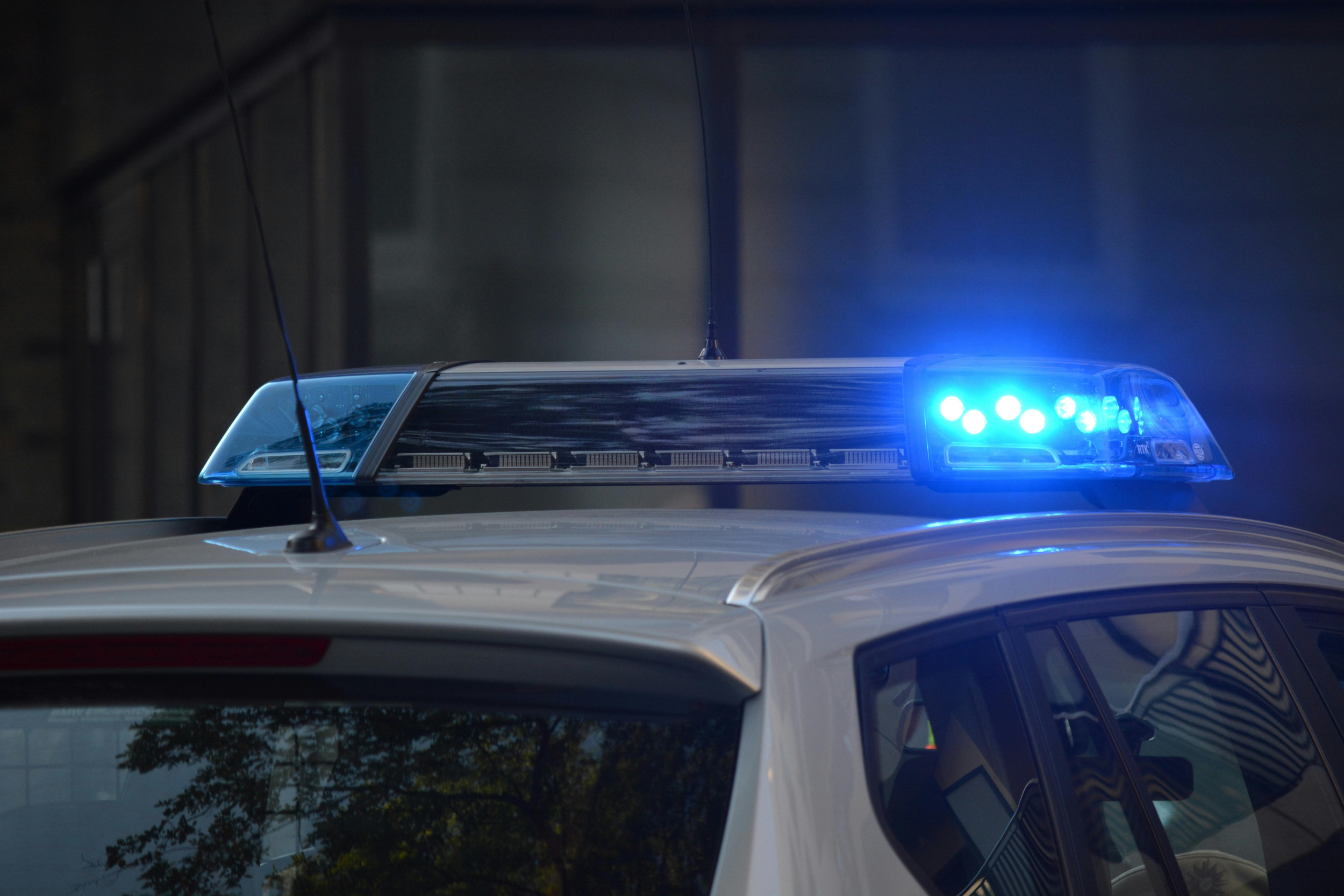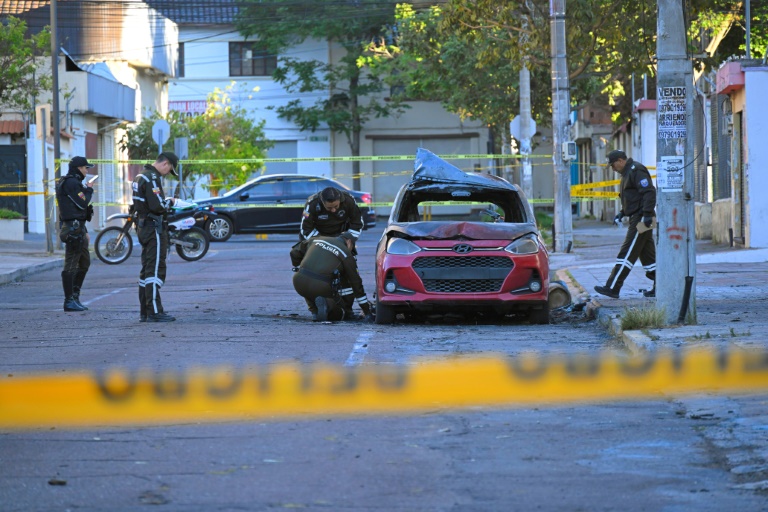Chinese manufacturers will be out in force at next week’s IAA auto show, one of the industry’s biggest, revving their new electric models on the turf of German carmakers, which have been lagging in the e-mobility race.
Elon Musk’s Tesla, usually a hold-out from such events, will also make an appearance at the show in Munich, joining the jostle to steal the spotlight from Europe’s biggest brands.
The industry fair, which opens Tuesday with a speech from Chancellor Olaf Scholz, comes with clouds gathering for the automotive sector in Europe and in particular, Germany.
While suffocating supply chain problems have eased from the pandemic years, European auto giants are struggling to cope with increased energy costs in the wake of the Russian invasion of Ukraine last year.
Although sales in the European Union have steadily improved over the last 12 months, they remain around 20 percent below their pre-coronavirus levels as inflation and higher interest rates dampen appetite for new vehicles.
At the same time, European manufacturers are facing increasingly stiff competition from Chinese carmakers which are touting their vehicles at far lower prices.
Local upstarts have captured an increasingly large part of the prized Chinese market and are threatening to dominate the growing trade in electric vehicles.
Chinese groups were starting “their assault on Europe with the IAA”, said industry analyst Ferdinand Dudenhoeffer from the Center Automotive Research in Germany.
“The IAA 2023 maps out a new automobile world in Europe. Competition will be tougher. After the Chinese’s battery factories, their automobile makers are coming,” he said, calling it a “turning point” for the industry.
In all, 41 percent of exhibitors at the industry fair have their headquarters in China, including brands such as BYD and Leapmotor which will hope to steal the spotlight from German giants Volkswagen, BMW and Mercedes-Benz.
Contrary to the Asian onslaught, participation from other European makers is muted.
Opel will be US-European conglomerate Stellantis’s lone ambassador in Munich, while Renault is showcasing only its eponymous marque at the show.
In contrast, Musk’s Tesla was slowly falling in line with traditional manufacturers as “the brand that doesn’t do marketing begins to do exactly that” with its first appearance at the IAA, said independent analyst Matthias Schmidt.
Over the week, around 700,000 visitors are expected to attend the show, split between exhibition halls and the city centre.
The move away from combustion engines to electric vehicles — and the bigger climate question — will take centre stage inside and outside the exhibition halls.
As carmakers roll out their latest offerings, climate groups have vowed protests at the fair, including “civil disobedience” aimed at disrupting the IAA.
The last edition of the show in 2021 was already troubled by small-scale protests.
This time around, some 1,500 people are expected at a camp in a suburban Munich park promoting a “revolution in mobility”.
Car manufacturers were “destroying the lives of countless people worldwide with their growth imperative”, one of the climate groups said ahead of the fair.
Automotive groups have not helped their case recently by recording massive profits on the back of strong inflation.
Manufacturers — particularly those at the high end of the market — have been able to benefit from rising prices to boost their margins.
A growing climate consciousness movement is increasingly pitting environmental activists against carmakers.
Mindful of society’s changing views on automobiles, the IAA upped sticks from Frankfurt to Munich in 2021 and restyled itself as a festival for all forms of “mobility” — bringing bikes and scooters into the fold.
As well as cleaning up its image, the move was an attempt to reinvigorate traditional motor shows.
The marquee events have struggled to attract manufacturers, who are doubtful that they create enough publicity to be worth the bother.
In 2022, the Paris Motor Show saw visitor numbers dwindle, as it was cut in length from two weeks to one.
Many big European names, such as Volkswagen, BMW and Ferrari were absent from the French fair, to which Chinese carmakers like BYD by contrast turned up.







